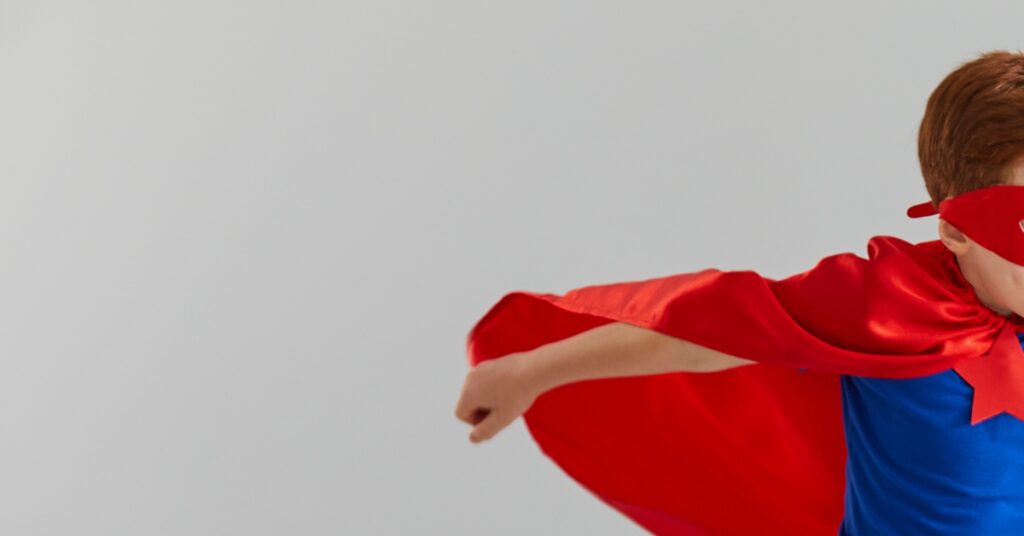By: The Centre for Effective Living
With the announcement of Man of Tomorrow, the sequel to Superman (2025), the internet continues to respond to what Superman represents in today’s world.
After the surprise cultural shift sparked by the first film, where the phrase “Kindness is the real punk rock” emerged as a quiet movement, changed the perception of Superman from a symbol of power, to a symbol of radical empathy.
It’s not often that kindness becomes a pop-culture movement. But Superman (2025) leaned into the idea that doing good for others, even when it’s not flashy or appreciated, is a kind of resistance to our current cultural temperature.
The Mental Health Benefits of Kindness
Research consistently shows that acts of kindness benefit not just recipients but givers as well (Curry, et al., 2018). Helping others has been linked to improved mood, reduced anxiety, and even physiological benefits like lower blood pressure and better immune function.
In a world that often encourages hyper-individualism, we’re sold the idea that self-care only means focusing on yourself. But ironically, one of the most powerful ways to care for your mental health is to look beyond yourself. Thinking of others is an example of this, shifting attention away from rumination and internal stress. Acts of kindness, when they stem from values rather than obligation, foster a sense of purpose, an essential ingredient in well-being.
It’s no wonder that Superman’s soft-spoken decency hit home in an era marked by burnout, performative self-care, and rising loneliness. The film’s underlying message presents a meaning in rebelling against factors related to these common concerns. That’s punk rock.
Kindness vs. People-Pleasing: A Critical Distinction
It’s important, however, to make a distinction between acting out of kindness as a value and people-pleasing.
People-pleasing often stems from fear, fear of rejection from others, conflict, or not thinking you are “enough.” It’s reactive, rooted in the need for approval or maintaining other’s happiness, and can result in resentment, boundary issues, and emotional burnout. In contrast, value-based kindness comes from alignment with your deeper beliefs. It’s proactive, chosen, and energizing rather than draining.
Where people-pleasing says, “I have to do this or they won’t like me,” value-based action says, “I choose to do this because it aligns with who I want to be in the world.”
This is why this Superman’s kindness resonates. He doesn’t help others to be liked or (such as in Man of Steel) out of a sense of duty. He does it because it’s chooses to, even when it isolates him, even when it makes him vulnerable or look bad.
Final Thoughts
There’s something beautifully subversive about being kind right now. When we act with integrity, our sense of self strengthens. We feel more capable, more connected, and more authentic.
This is the power of Superman. It reminds us that hope and kindness aren’t naïve, it’s courageous. And that in a world constantly nudging us toward self-interest, to care is to rebel.
I’m looking forward to Man of Tomorrow in 2027 and I hope it continues to show value-based action. Watching the first film, I felt it invited us to make our own value-based decisions.
Sometimes it can be hard to figure out how to do this in our complicated world- we don’t live with a movie script- so if you want a hand figuring out your values and overcoming your Lex Luthors, we’d love to help you figure out how to rebel again and be Punk Rock in your life.
Article supplied with thanks to The Centre for Effective Living.
Feature image: Canva





